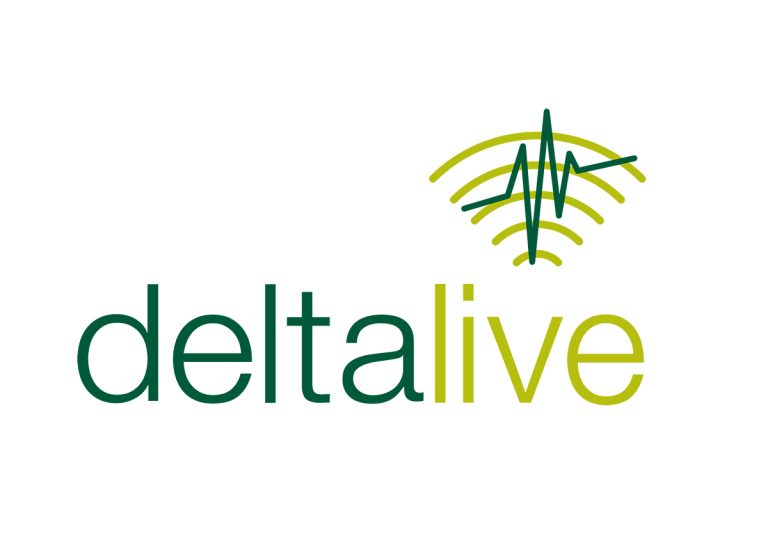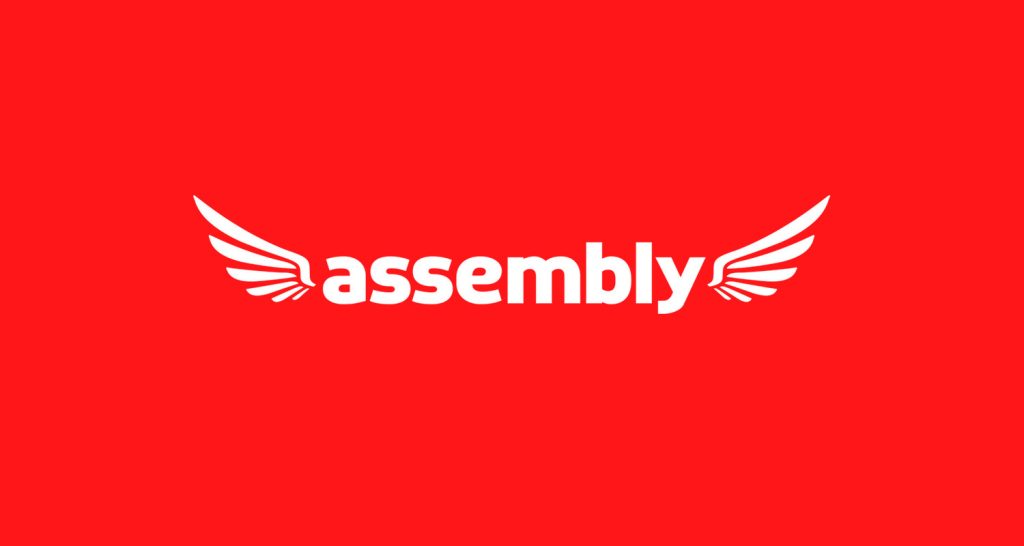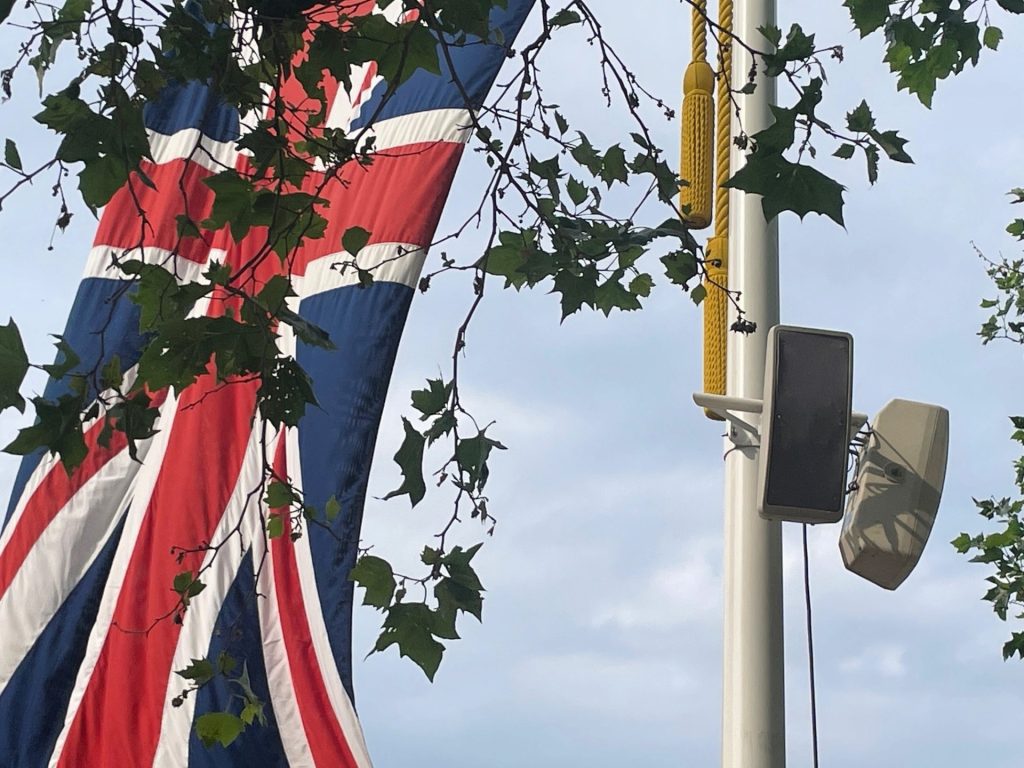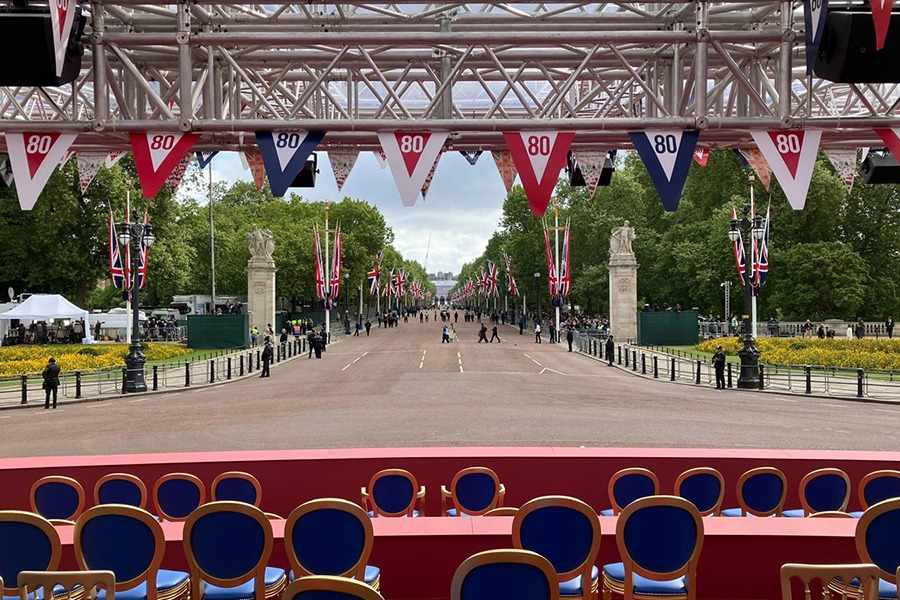The name Delta Live has become synonymous with grand public events delivered with excellence.
Every year we are trusted to design and deliver the sound of Big Ben ringing in the New Year as the supplier of the London New Year’s Celebrations. Grand Royal events are also in our DNA as we have been entrusted to deliver joyous occasions such as royal weddings, birthdays, jubilees and coronations. Perhaps the greatest honour of all was to be asked to design and plan the delivery of Her Majesty Queen Elizabeth II’s funeral in 2022.
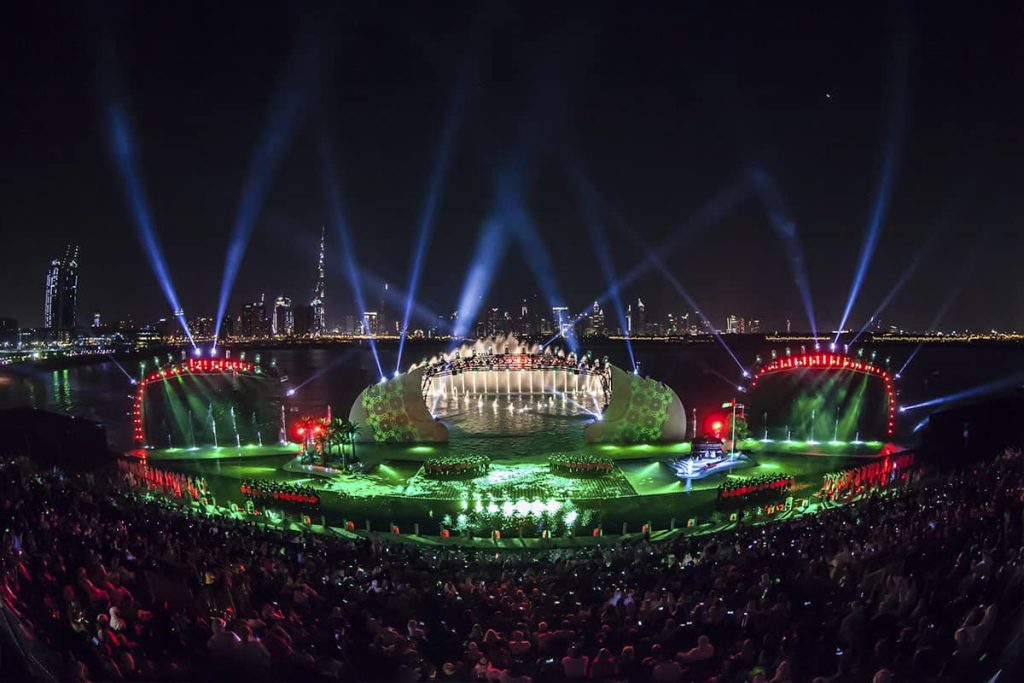
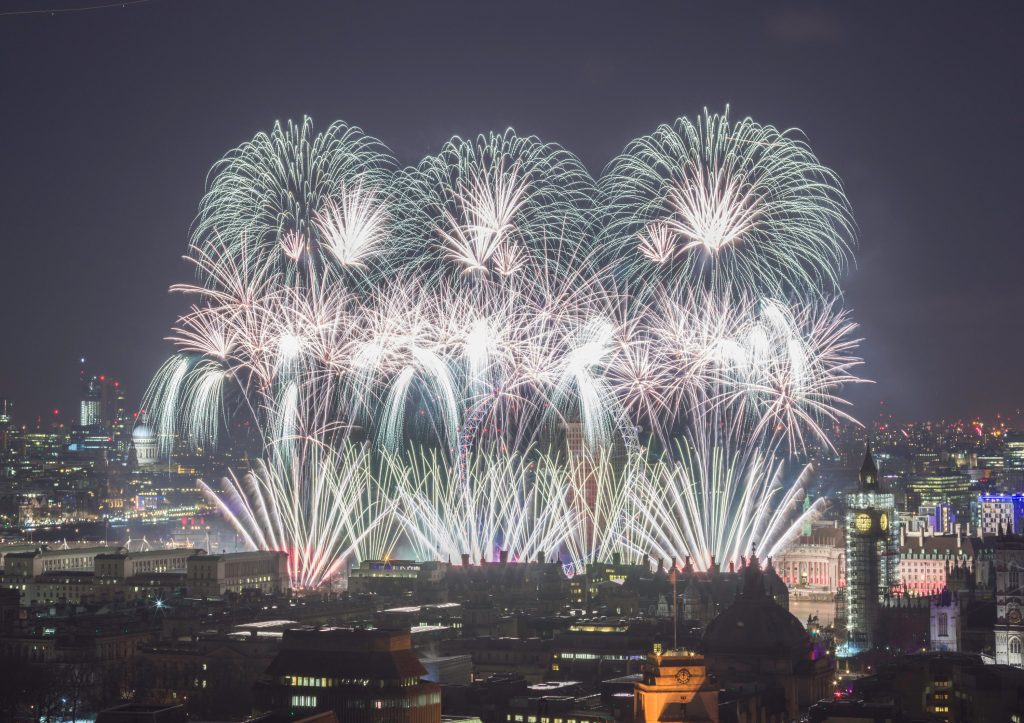
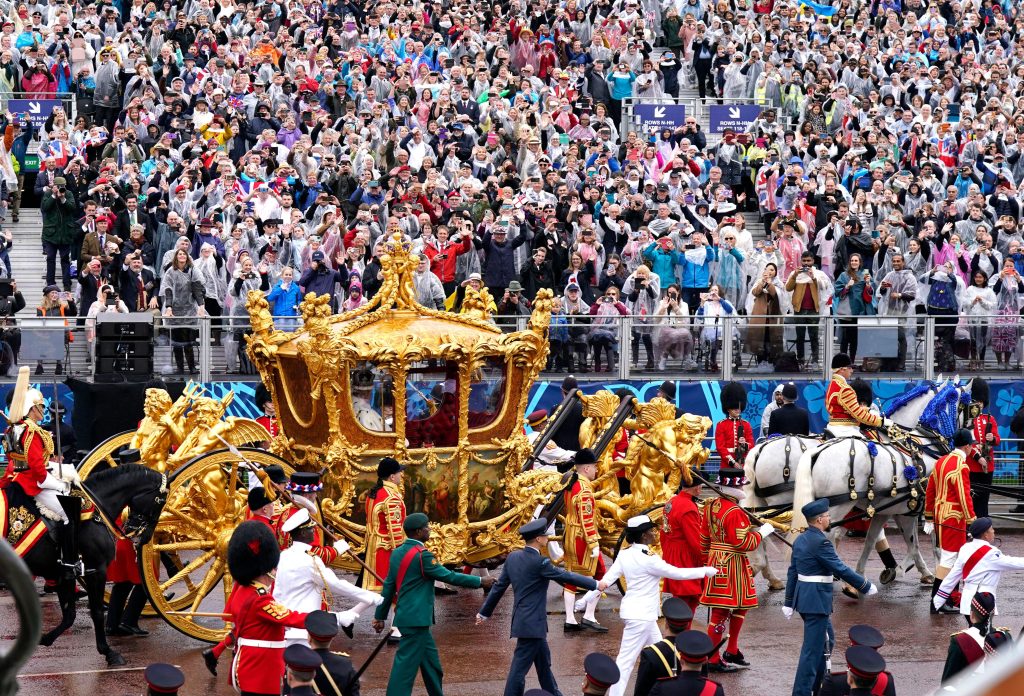
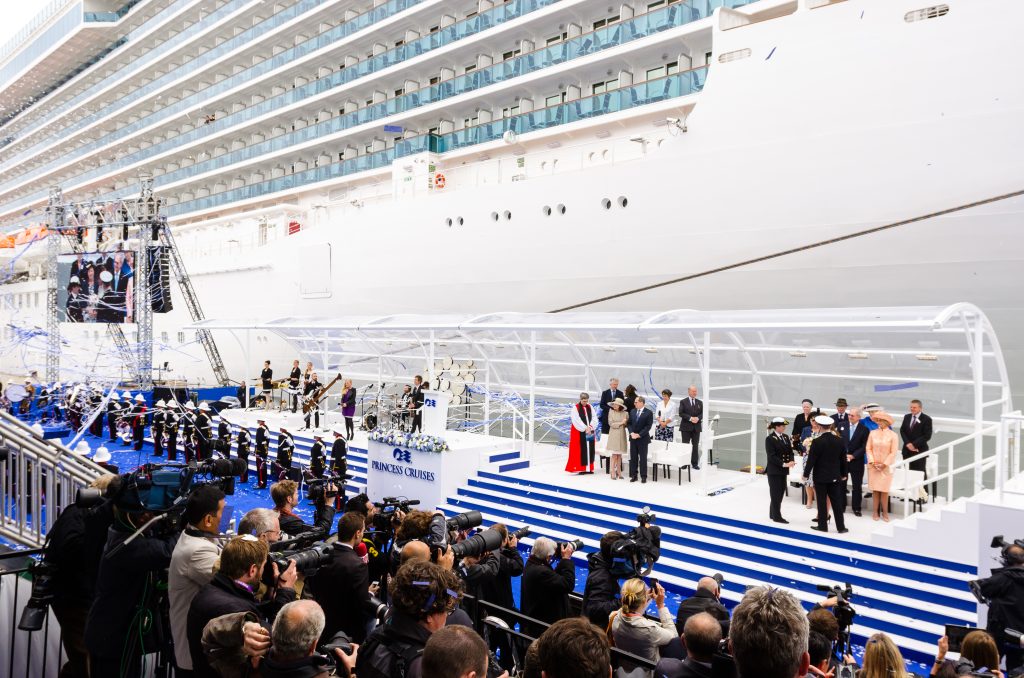
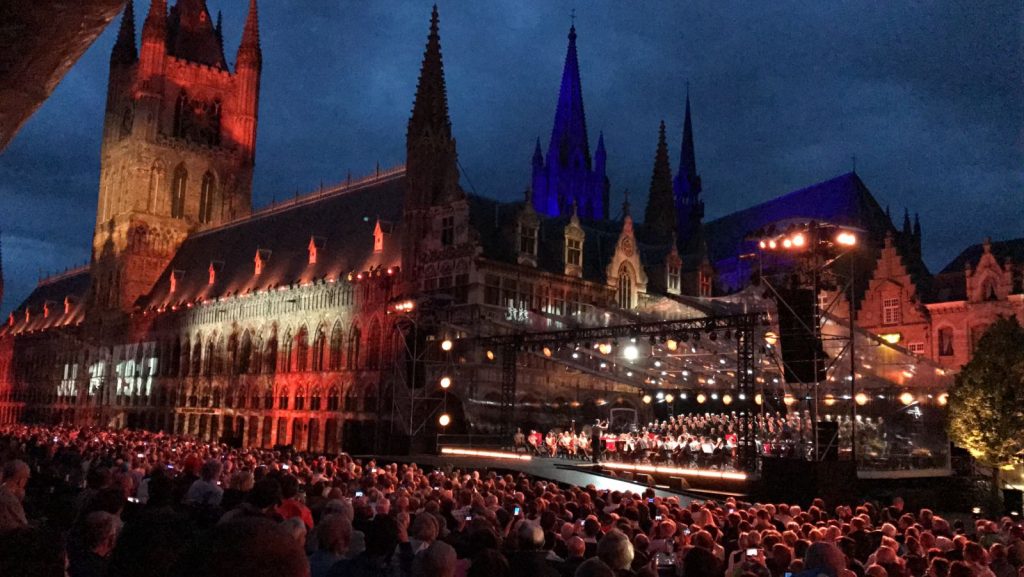
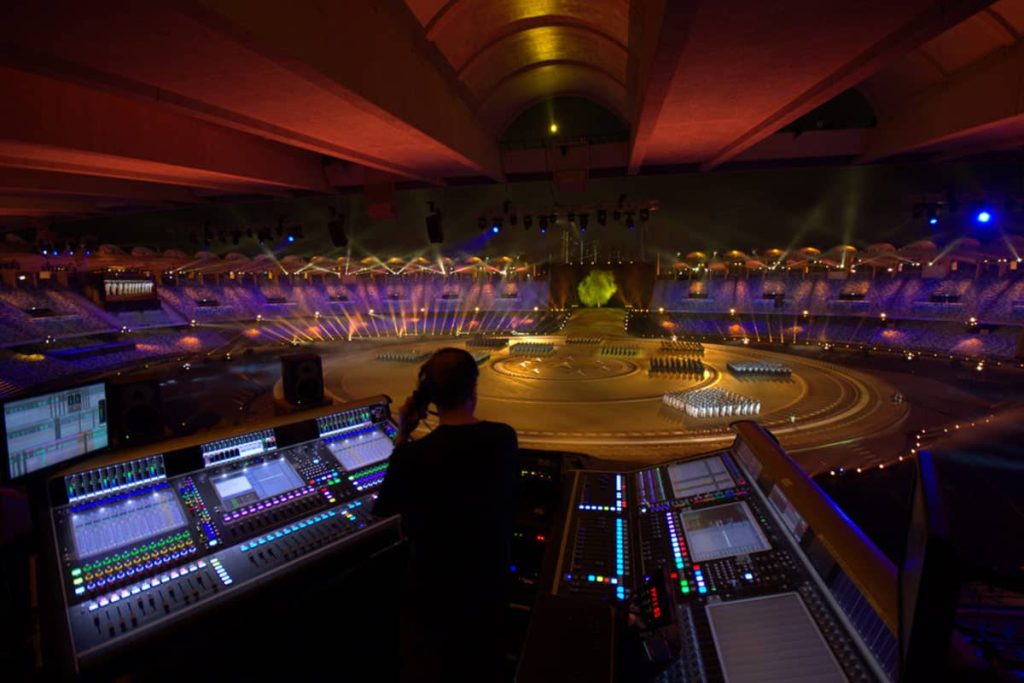
Services
- Understand the event requirements: Determine the size, type, and nature of the event, as well as the venue layout and acoustics.
- Collaborate with event organizers: Work closely with event organizers, planners, and stakeholders to understand their goals, preferences, and logistical requirements.
- Conduct site visits: Visit the venue in advance to assess the space, equipment, power sources, and any potential challenges or limitations.
- Create a detailed plan: Develop a comprehensive plan for audio setup, equipment placement, signal flow, and cable routing. Coordinate with other production teams (e.g., lighting, video) to ensure smooth integration.
- Prepare equipment: Ensure all audio equipment, including microphones, speakers, mixers, amplifiers, cables, and accessories, is in good working condition and properly configured for the event.
- Install equipment: Rig microphones, speakers, monitors, and other audio gear according to the pre-planned layout and configuration.
- Connect and test: Connect all audio components, including microphones, instruments, playback devices, and mixers, and test each signal path for proper functionality and quality.
- Sound check: Perform sound checks with performers or presenters to adjust levels, EQ settings, and monitor mixes for optimal sound quality and balance. Address any issues or concerns raised during sound check promptly.
- Monitor levels: Continuously monitor audio levels throughout the event to ensure consistent volume and prevent clipping or distortion.
- Mix live audio: Mix the audio in real-time during the event to balance different sources (e.g., vocals, instruments, playback) and adapt to changes in performance dynamics.
- Manage feedback: Use EQ, feedback suppressors, and proper microphone placement to minimize feedback and maintain clear, intelligible sound.
- Communicate with performers: Maintain communication with performers, presenters, and event staff to coordinate cues, transitions, and any adjustments needed during the event.
- Anticipate and address issues: Be prepared to troubleshoot and resolve technical issues or unexpected challenges that may arise during the event, such as equipment failures, interference, or environmental factors.
- Adapt to changes: Remain flexible and adaptable to last-minute changes or requests from event organizers or performers, and adjust the audio setup or mix accordingly.
- Maintain professionalism: Stay calm, focused, and professional under pressure, and work collaboratively with the production team to ensure a successful outcome.
- Dismantle equipment: Safely dismantle and pack up audio equipment at the end of the event, ensuring proper storage and transportation.
- Debrief with the team: Conduct a post-event debriefing with the production team to review the event, discuss successes and areas for improvement, and gather feedback for future projects.
- Follow up: Follow up with event organizers or clients to ensure their satisfaction, address any concerns, and maintain positive relationships for future collaborations.

